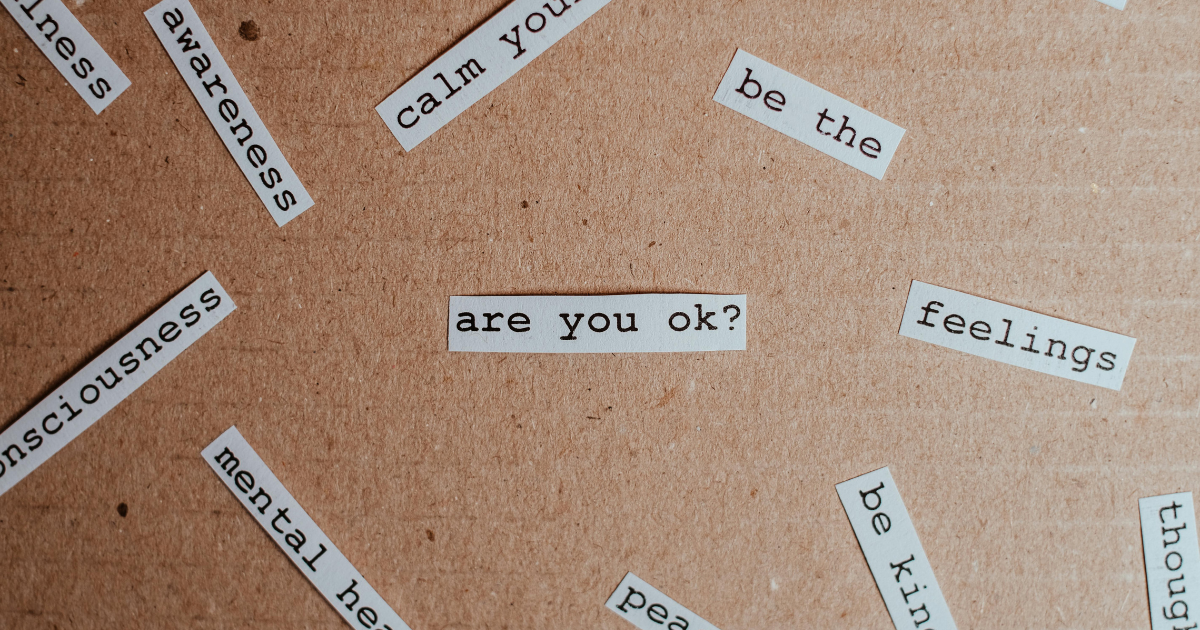If you’ve clicked on this post, you’re likely seeking a deeper understanding of a topic that intertwines with so many lives: the complex relationship between trauma, mental health, and substance abuse. This intersection is not just a challenging field of study but a crucial area of focus for anyone dealing with or supporting someone through these issues. Understanding the intersection of trauma, mental health conditions, and substance abuse is vital for providing effective treatment and support.
Essential Takeaways
- Trauma, Mental Health, and Substance Abuse Are Interconnected: Trauma can significantly impact mental health and lead to substance abuse. Understanding this intersection is crucial for effective treatment.
- Integrated Treatment is Key: Addressing trauma, mental health disorders, and substance abuse simultaneously through integrated treatment approaches ensures a more comprehensive and effective recovery.
- Support and Self-Care Are Vital: Building a strong support network and adopting healthy lifestyle habits are essential for managing and recovering from the effects of trauma, mental health disorders, and substance abuse.
Let’s dive into how trauma impacts mental health, how mental health struggles can lead to substance abuse, and what we can do to address these interconnected challenges.
Tennessee Behavioral Health
What is Trauma?
Trauma isn’t just about a single event; it’s about how that event affects a person’s emotional and psychological state. Trauma arises from experiences that overwhelm a person’s ability to cope, such as serious accidents, natural disasters, or geopolitical trauma. It can be acute, like a sudden, shocking event, or chronic, involving ongoing stressors like persistent domestic violence.
Psychological trauma can fundamentally alter the way a person thinks, feels, and behaves. It’s important to understand that trauma is subjective—what might be traumatic for one person may not be for another. It’s not the event itself but the person’s reaction to it that determines whether it’s traumatic.
Types of Trauma
- Acute Trauma: Results from a single, distressing event.
- Chronic Trauma: Involves repeated exposure to distressing events.
- Complex Trauma: Exposure to multiple traumatic events, often interpersonal, like long-term domestic violence or childhood neglect.
The Psychological Impact of Trauma
Trauma can leave deep psychological scars, disrupting normal cognitive processes and leading to persistent symptoms such as:
- Intrusive Thoughts: Unwanted, distressing thoughts about the traumatic event.
- Flashbacks: Reliving the traumatic event as if it were happening again.
- Emotional Numbness: Difficulty experiencing emotions or feeling detached.
- Hypervigilance: Constantly being on edge or overly alert to potential threats.
New Content: Physical Symptoms of Trauma
Trauma can also cause physical symptoms, such as increased heart rate, headaches, or digestive issues, which are often overlooked but crucial in treatment.
Trauma and Mental Health: The Connection
How Trauma Leads to Mental Health Disorders
Trauma’s impact on mental health is profound and multifaceted. It can contribute to:
- Post-Traumatic Stress Disorder (PTSD): Characterized by flashbacks, severe anxiety, and avoidance of trauma reminders.
- Depression: Trauma can trigger feelings of hopelessness and sadness.
- Anxiety Disorders: Trauma can exacerbate anxiety-related conditions like generalized anxiety disorder (GAD) or panic disorder.
Common Mental Health Disorders Linked to Trauma
- PTSD: Flashbacks, nightmares, and severe anxiety.
- Major Depressive Disorder (MDD): Persistent sadness and feelings of worthlessness.
- Anxiety Disorders: Excessive worry, panic attacks, and avoidance behaviors.
Tennessee Behavioral Health
Trauma, Mental Health, and Substance Abuse
How Trauma Can Lead to Substance Abuse
- Self-Medication: People may turn to substances to cope with the emotional pain caused by trauma.
- Avoidance: Substances can temporarily relieve trauma symptoms, leading to a pattern of avoidance.
- Increased Risk of Dependence: Using substances to cope with trauma often leads to addiction and worsened mental health issues.
The Cycle of Trauma and Substance Abuse
- Initial Relief: Substances may provide initial relief from trauma symptoms.
- Increased Dependence: Over time, reliance on substances grows, leading to addiction.
- Worsening Mental Health: Substance abuse exacerbates trauma symptoms, creating a feedback loop.
Addressing the Intersection: Treatment and Support
Integrated Treatment Approaches
- Simultaneous Treatment: Effective plans address trauma, mental health, and substance abuse simultaneously.
- Personalized Care: Treatment should be tailored to an individual’s specific trauma and mental health history.
Types of Therapy for Trauma and Substance Abuse
- Trauma-Informed Therapy: Focuses on creating a safe environment to address both trauma and substance abuse.
- Cognitive Behavioral Therapy (CBT): Helps individuals identify negative thought patterns and behaviors.
- Eye Movement Desensitization and Reprocessing (EMDR): Processes traumatic memories to reduce emotional distress.
Support Systems and Community Resources
Building a strong support network is essential for recovery:
- Family and Friends: Emotional encouragement and practical assistance.
- Support Groups: Shared experience and community.
- Professional Help: Mental health professionals provide tailored guidance and therapy.
Building a Healthy Lifestyle
- Exercise: Physical activity improves mood and reduces stress.
- Healthy Diet: A balanced diet supports mental health.
- Mindfulness Practices: Techniques like meditation help manage stress.
Tennessee Behavioral Health
Moving Forward: Hope and Healing
Recovery from trauma, mental health disorders, and substance abuse is possible with a commitment to self-care, a strong support network, and professional help. You are not alone.







